JANUARY 01, 1924
Male Status Indian veterans of the First World War gain the right to vote in federal elections without losing their status and treaty rights.
OCTOBER 24, 1929
The 1929 collapse of the American stock market begins the Great Depression, which ravages the Canadian economy during the “Dirty Thirties.” Life is especially harsh in the Prairies, where drought worsens conditions. The crisis inspires the creation of social welfare programs.
JANUARY 01, 1931
Japanese-Canadian WWI Veterans in BC Granted Right to Vote
Veterans of the First World War in British Columbia become the first Japanese Canadians granted the right to vote in federal or provincial elections.
DECEMBER 11, 1931
The Statute of Westminster received royal assent after being passed by the British Parliament. By establishing complete legislative equality between the parliaments of Britain and Canada, it is the closest Canada has come to a declaration of independence.
MAY 26, 1932
CRBC (future CBC) Established: Parliament passed an Act establishing the publicly funded Canadian Radio Broadcasting Commission, the forerunner of the Canadian Broadcasting Corp of 1936. Before the CRBC almost the only programs available to Canadians were from the US.
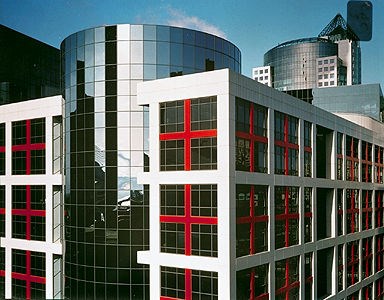
AUGUST 01, 1932
The Co-operative Commonwealth Federation (CCF) was founded in Calgary. Led by J.S. Woodsworth, the CCF was the first major democratic socialist movement in Canada and went on to have a profound effect on the Canadian political landscape.
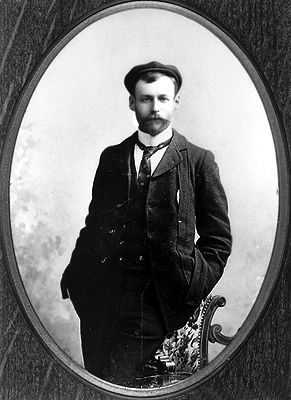
SEPTEMBER 21, 1934
Poet, novelist, singer and songwriter Leonard Cohen was born in Westmount, Que. Cohen was one of the most iconic Canadian artists of the 20th century. A sage, mystic, bohemian and romantic, he built an acclaimed body of literary work and a revered career in pop music.
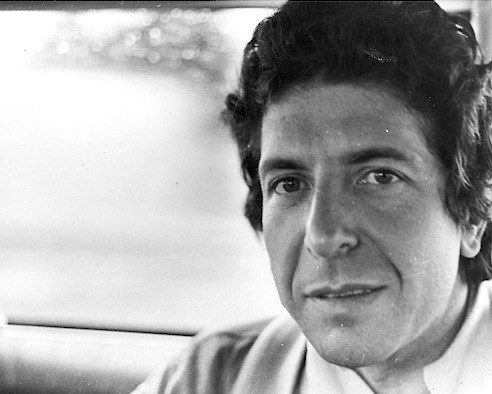
AUGUST 22, 1935
Charismatic Bible-thumping William Aberhart led the Social Credit Party to victory in the Alberta provincial elections. He was sworn in on September 3. The party dominated Alberta politics until 1971.
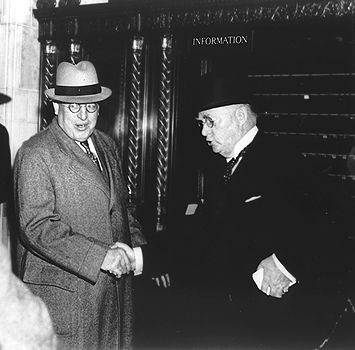
JANUARY 01, 1938
Ducks Unlimited Canada was founded in 1938, one year after Ducks Unlimited Inc. was founded in the United States. The organization received money from waterfowl hunters for wetland habitat conservation projects in Canada.
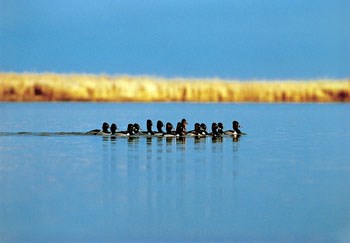
MAY 02, 1939
The National Film Act created the National Film Board, headed by Scots film producer John Grierson. The NFB pioneered developments in social documentary, animation, documentary drama and direct cinema. Its films have won hundreds of international awards.
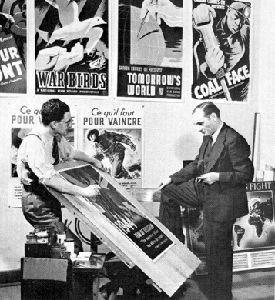
SEPTEMBER 10, 1939
Canada declared war on Germany, 7 days after Britain and France. The first Canadian troops left for England in December. Although "obliged to go to war at Britain's side," King's delay of a week was a symbolic gesture of independence.
DECEMBER 17, 1939
The British Commonwealth Air Training Plan was established. Operating from 1940–45 the BCATP trained some 131,000 airmen — one-half the total Commonwealth aircrew — a decisive Canadian contribution to victory in the Second World War.
FEBRUARY 26, 1942
Following the Japanese strike on Pearl Harbour, the federal government interns 22,000 Japanese men, women and children in British Columbia for the remainder of the war. The government apologizes for Japanese Internment in 1988. Similar actions had taken place in 1914, with the internment of nationals from Germany, and the Austro-Hungarian and Turkish Empires.
AUGUST 19, 1942
Canadian and British troops raided the French port of Dieppe to test German defences. The raid lasted only 9 hours, but of the nearly 5000 Canadian soldiers involved, more than 900 were killed and 1874 taken prisoner.
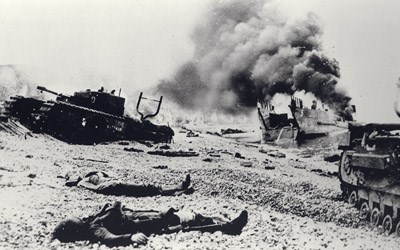
JANUARY 01, 1944
Status Indian WWII Veterans veterans who served in the Second World War and their spouses are permitted to vote in federal elections without losing status, with some conditions.
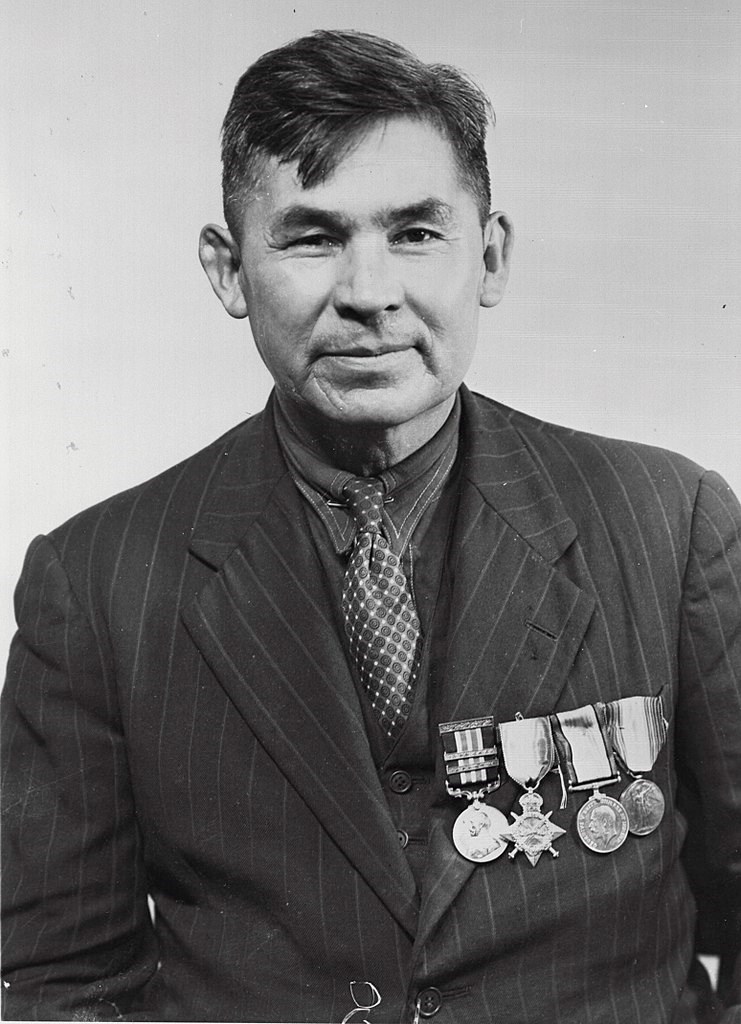
JUNE 06, 1944
Normandy Landings (D-Day): The 3rd Canadian Division and 2nd and 3rd Armoured Brigades landed on the beaches at Courcelles, St Aubin and Bernières-sur-Mer on the Normandy Coast as part of the invasions that led to the liberation of Europe from Nazi occupation.
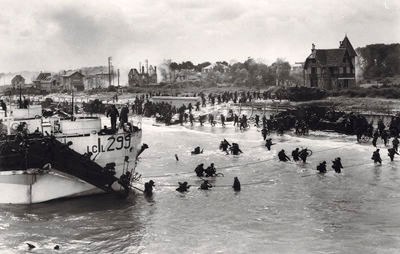
www.thecanadianencyclopedia.ca/en/timeline/100-great-events-in-canadian-history




